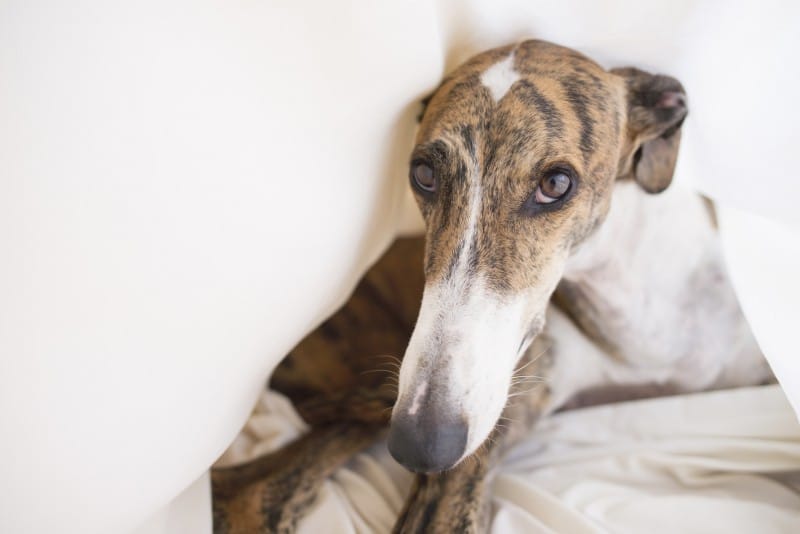Dogs and other animals have long played roles in medical research, including the development and testing of dental treatments.
The controversial practice has waned in recent decades, however, as new methods for research and training have emerged, and as society’s views on the use of dogs in laboratory testing have changed. But the University of Melbourne and the Royal Australasian College of Surgeons are currently facing criticism for killing dozens of greyhounds in the process of dental research and surgical instruction.
Dogs and Dental Implants
The University of Melbourne and its affiliated Melbourne Dental School are under fire for a 2014 study in which a number of greyhounds had teeth extracted, then replaced with dental implants. The dogs were later killed in order to analyze their jaws and tissue.
That study, the purpose of which was to assess the results of two different methods of dental implant placement, ultimately found “very little difference in healing outcomes.” News of the research sparked a petition drive from Humane Research Australia asking the Melbourne Dental School to consider alternatives to the use of live, healthy dogs.
A recent article on the news site Crikey about the research indicates that the university intends to continue to use dogs for dental experimentation, and that the dental school has actually conducted multiple research projects resulting in the deaths of more than 20 dogs so far this year. The university claims it “actively seeks techniques that totally or partially replace the use of animals in research wherever possible.”
Dogs and Surgical Training
Greyhounds also serve as figurative guinea pigs in surgical training at the Royal Australasian College of Surgeons. According to an April article in Australia’s The Age, nearly 90,000 people have joined an effort to get the organization to stop using greyhounds and other live animals in its courses.
Animal rights supporters say there are comparable anatomical simulators for surgical training, and that there are other viable research and medical testing methods available. Many have also alleged that the University of Melbourne and the Royal Australasian College of Surgeons are in violation of the National Health and Medical Research Council guidelines, which state that the use of animals in medical research must be justified and only occur when suitable alternatives are not available.
There is no question the use of animals in medical research has helped save lives. There is also no question that, thanks to advancing techniques and technology, there are many alternate methods for research, which should be utilised when they prove effective.
If you’re seeking a knowledgeable and compassionate dentist in Sydney, please call (02) 9686 7375 to schedule your appointment at My Hills Dentist in Baulkham Hills. Our entire team is dedicated to helping you maintain a beautiful, healthy smile.


